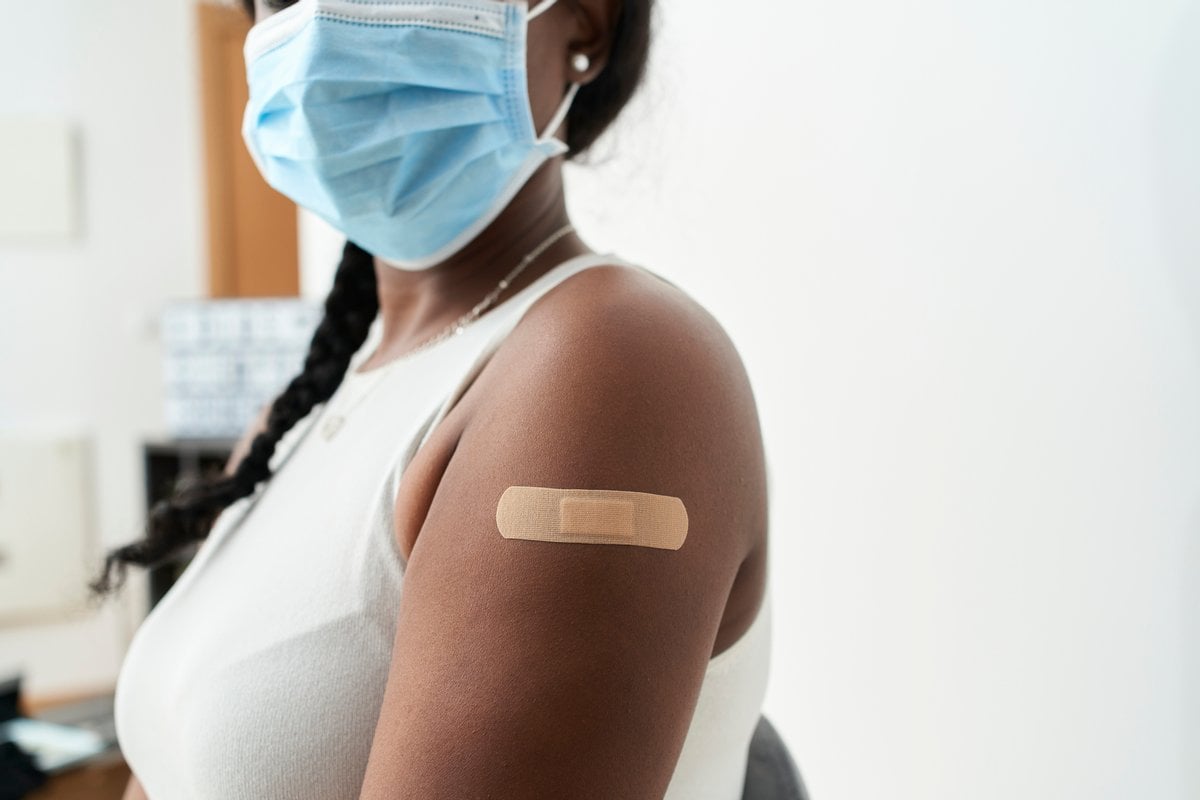
A couple of months ago, I started having conversations with friends about getting their COVID-19 vaccine.
Most had already been, were keen to be vaccinated, or had made appointments.
However, a few were quite hesitant and had delayed their jab.
Side note: Watch the characters who would own the pandemic. Post continues below.
At the time of these discussions, there were few cases in Australia. But as the last two months of outbreaks across the country have shown, it can all change so quickly.
Lockdowns and other restrictions are short-term solutions.
There is a path out of this chaos and uncertainty. We have safe and effective vaccines. They are the closest thing we have to a silver bullet. It simply requires most of the population to get vaccinated.
COVID-19 vaccine hesitancy is a major obstacle to this goal of ‘herd immunity’.
Some people have the opinion that the available vaccines were developed too quickly.

Top Comments